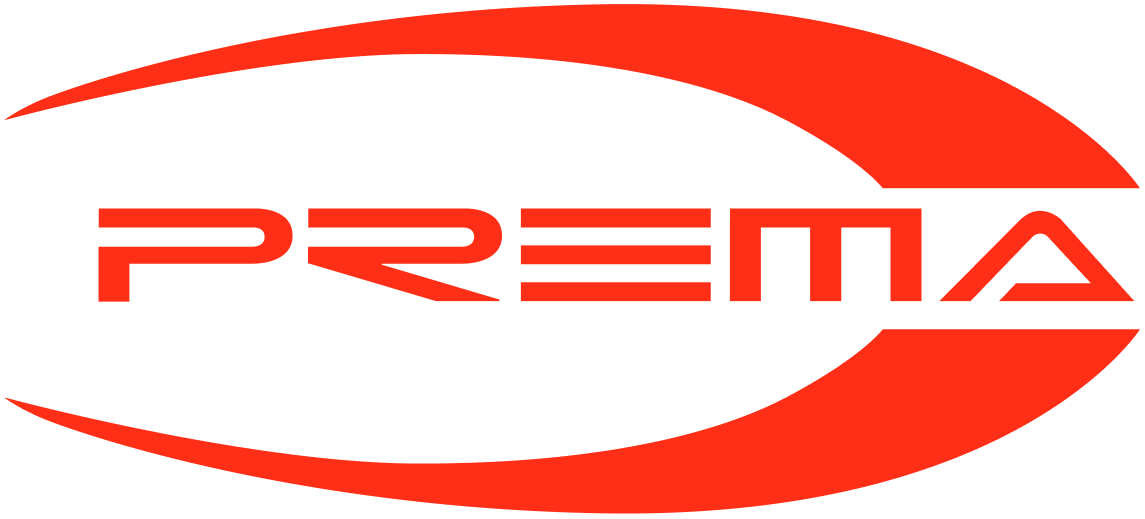Compressed air has a variety of useful applications across industries,
 from auto body painting to powering pneumatic pharmaceutical and agricultural tools. However, some applications of compressed air are always inappropriate — because they create unrecoverable energy losses and/or they pose major threats to safety and health.
from auto body painting to powering pneumatic pharmaceutical and agricultural tools. However, some applications of compressed air are always inappropriate — because they create unrecoverable energy losses and/or they pose major threats to safety and health.
These are some applications you should always avoid when operating your compressed air system:
1) Clean-Up (Especially Dusting Yourself or Others Off)
While it may seem convenient to use a compressed air hose to dust off your facility’s floor, your equipment, and even your clothes, this practice is extremely dangerous. Particles and dust blown off of your clothing can blow into your eyes or a coworker’s eyes.
Even more serious are the health risks associated with compressed air in the body — compressed air blown into the mouth can rupture intestines, lungs, and the stomach, and air with pressure as low as 12 psi can blow an eye out of its socket. If compressed air is blown into an open wound or penetrates the skin, it can enter the bloodstream and potentially lead to a stroke or even death if particles make their way to blood vessels in the brain.
Never use compressed air as a cleaning tool for personnel or facilities. Instead, use a broom, vacuum, or other cleaning supplies.
Using compressed air for drying wet paint or moisture-laden items in your facility could seem harmless, as could using compressed air for facility and personnel cooling. However, these applications are dangerous to you and your coworkers. Debris and particles, as well as loose air hose parts, are susceptible to striking workers and potentially damaging eyesight. Further, elevated noise levels can lead to hearing damage or tinnitus, the phenomena of ringing ears.
Instead of using compressed air for this purpose, use low-pressure fans or blowers instead of compressed air to dry and cool as needed.
Sometimes, system operators use compressed air in conjunction with a venturi, eductor, or ejector to generate a negative-pressure mass flow. This is a highly inefficient application of compressed air. In fact, it returns less than 4% energy efficiency.
The best alternative for vacuum creation is an electric vacuum pump. Electric vacuum pumps are an average of four times more energy efficient than compressed air vacuum generators.
Compressed air should never be supplied to idle or abandoned equipment that is not in use. It creates massive losses in energy costs and generates unnecessary noise.
Rather, install shut-off valves, eliminating the air supply to idle equipment. For abandoned equipment, disconnect the machine from your air system immediately.

Mattei offers a wide range of vane compressor models that perfectly meet the specific needs of the transport industry.

The reliability of Mattei compressors, the high quality standards of the delivered compressed air and the compliance with the industry regulations, make them ideal to be used in the healthcare and pharmaceutical industry.

Reduced operating costs, environmental sustainability and extreme purity of the air supplied make Mattei compressors suitable for all processes in the food industry.
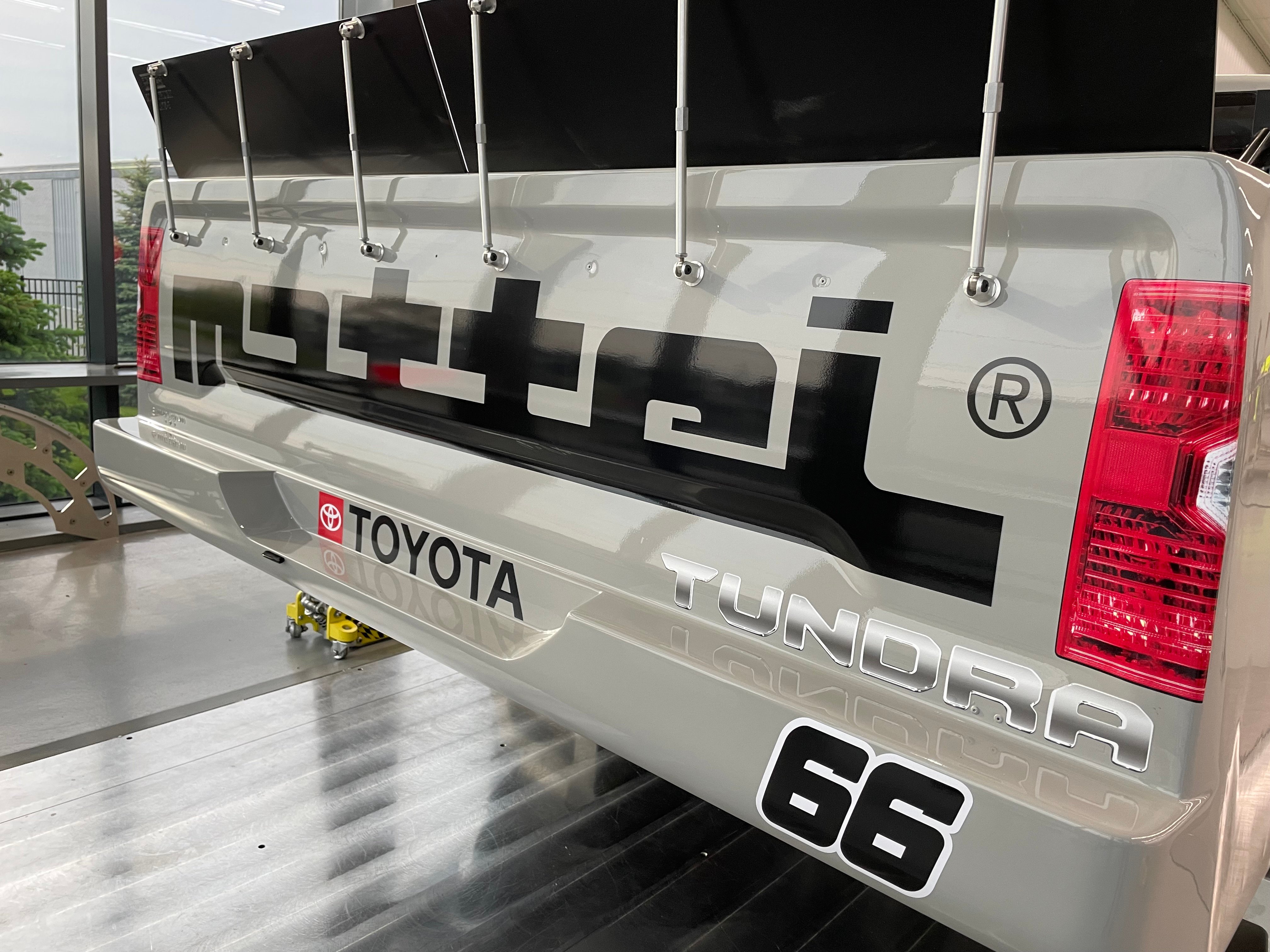
Good luck ThorSport Racing. Waiting to watch the racing!
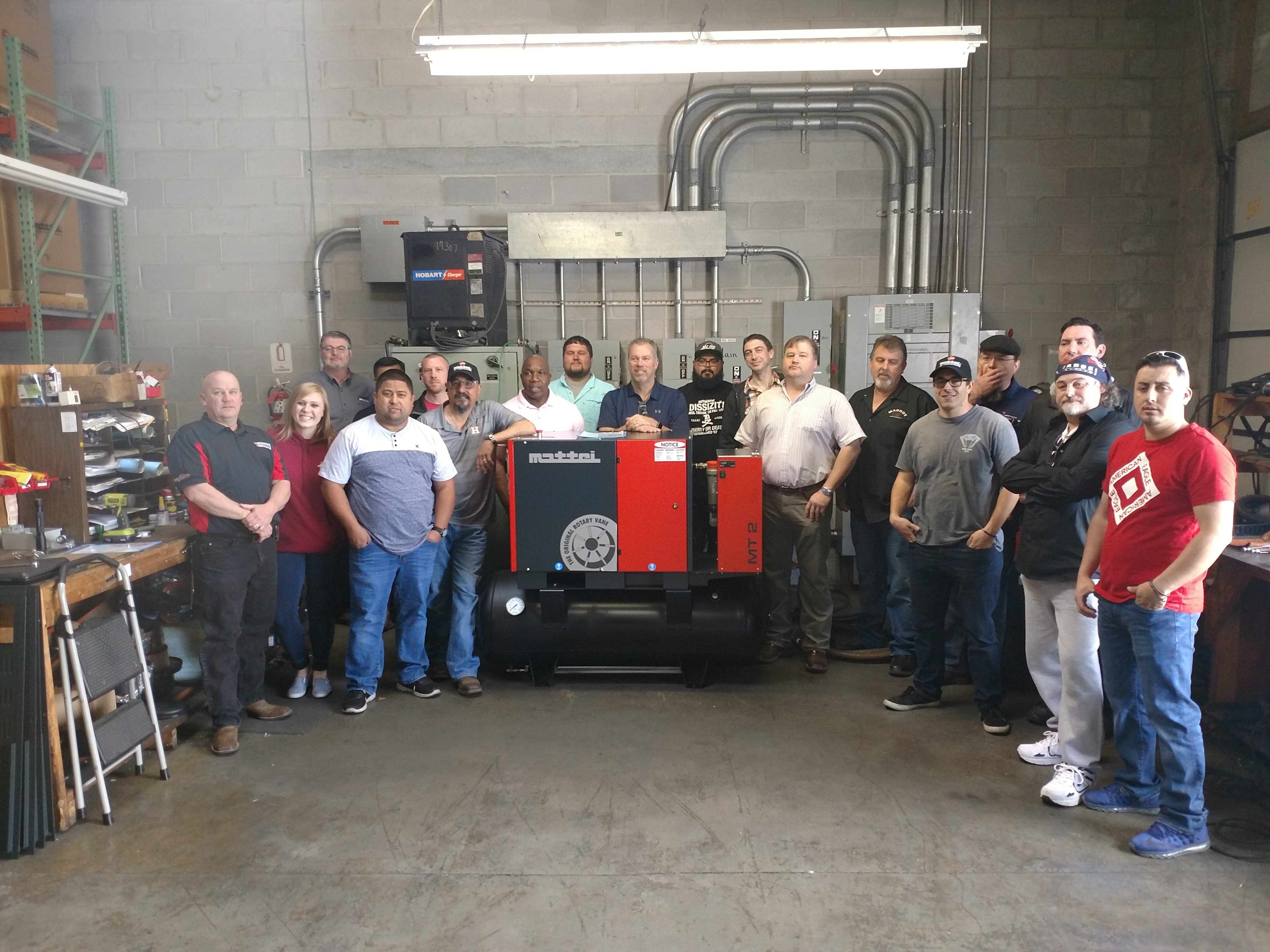
We recently held our Spring 2018 Service School for distributors. The school graduated 17 participants from both the sales and service sides.

Today, Mattei Compressors, Inc., announced the recipients of its 2017 Distributor Awards. These distributors went above and beyond to provide high-quality service to Mattei customers over the past year.
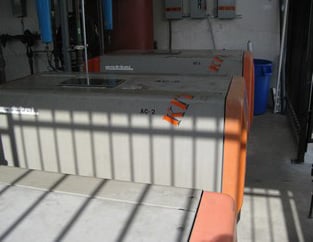
Helix Medical, LLC is widely regarded as a premier supplier of biocompatible silicone medical devices and components to the medical device, pharmaceutical and biotech industries.
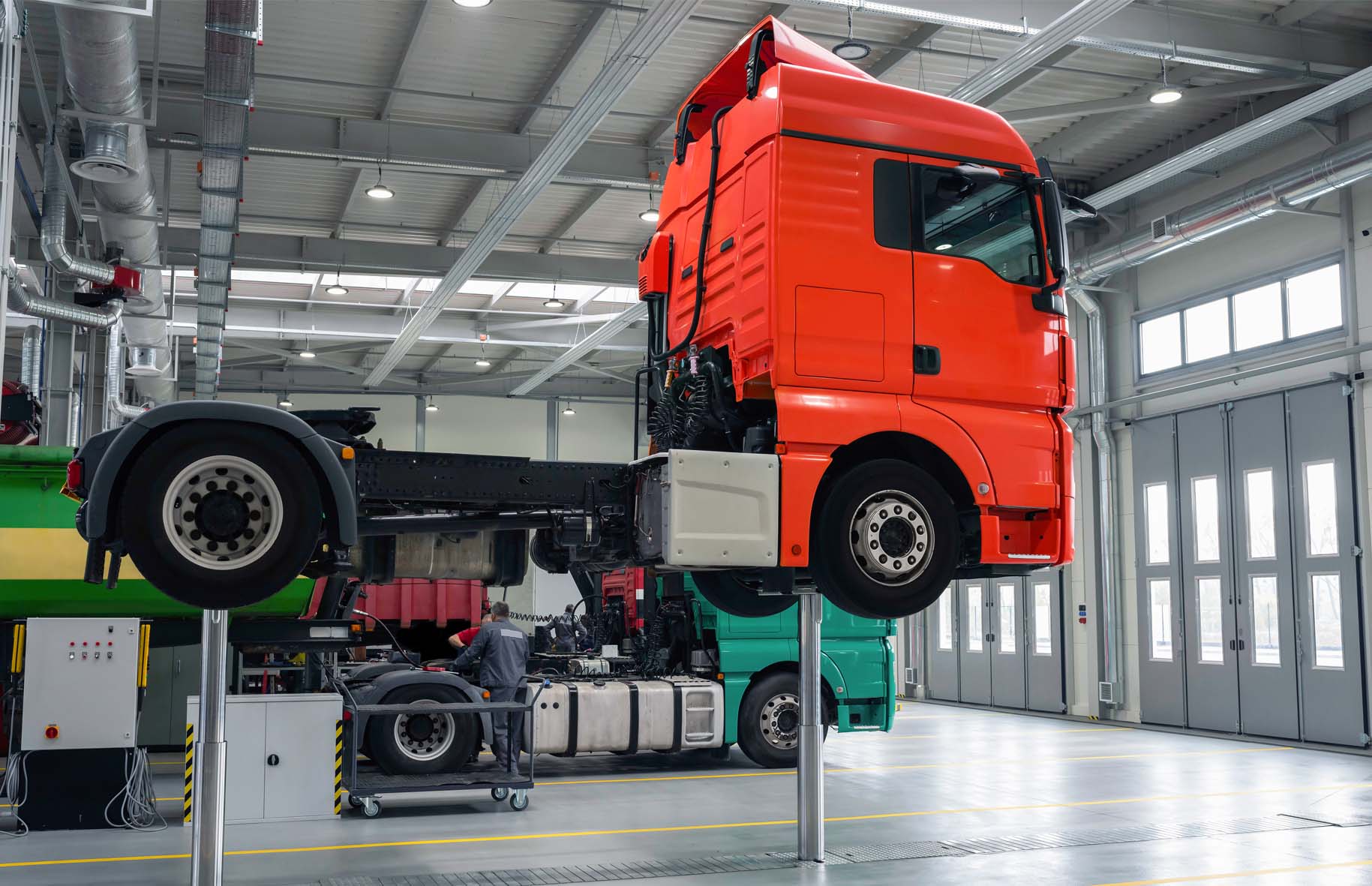
John Baker Sales, a Mattei distributor located in Colorado, worked very closely with Transwest to ascertain the company’s needs prior to making a product recommendation.

